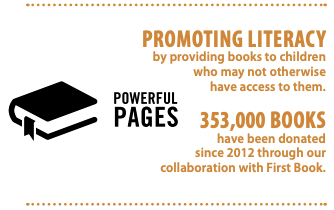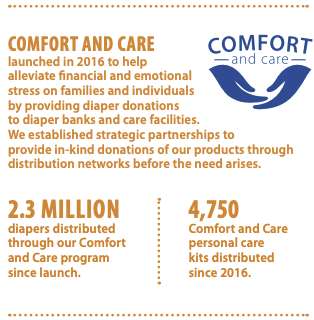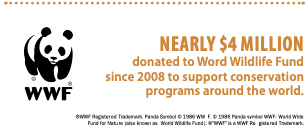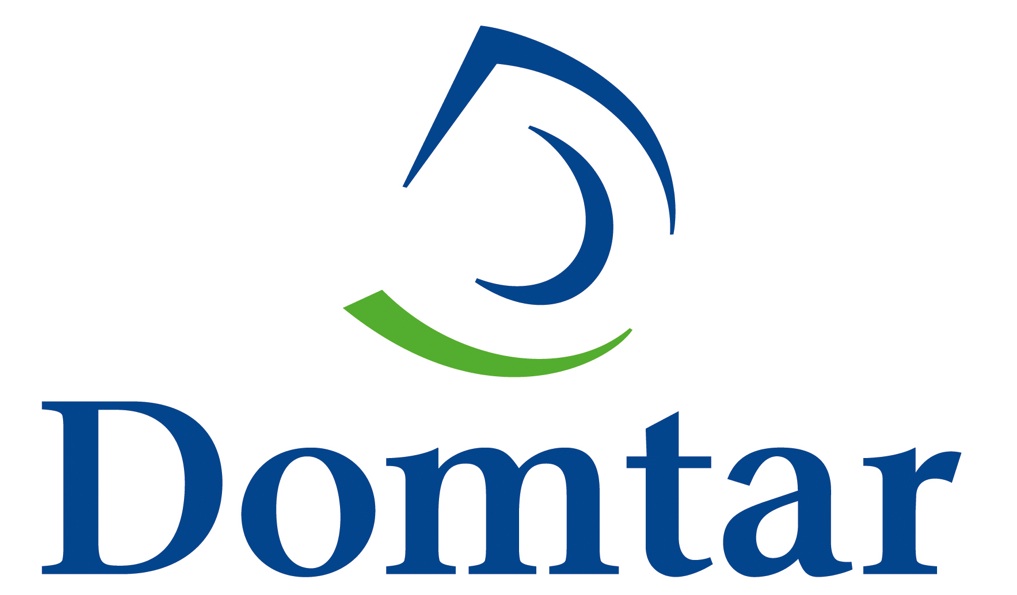Weathering the Storm: A Testament to Domtar's Resilience During Hurricane Season
We cannot control the weather, but we can prepare for it.
We work to keep our employees and communities safe, protect our physical assets, and ensure our customers have the products they need. In the calm after the storm, we strive to restore normal operations as safely and quickly as possible, while working with local authorities and organizations to help our communities recover.
Our resilience has been tested on several occasions, most recently during Hurricane Florence, which swept through the southeastern U.S. in September 2018. With high winds and heavy rain on the radar, our Plymouth, North Carolina, and Marlboro, South Carolina, mills activated their hurricane preparedness and flood plans, and we deployed our Comfort and Care program.
Both mills executed orderly production shutdowns in advance of the storm to minimize damage to plant, property and equipment. Special precautions were taken to prepare effluent treatment lagoons for an inundation of rain, including the installation of back-up generators and pumps.
Despite the storm’s ferocity, historic flood levels and extensive power outages, no breaches occurred into or out of our lagoons, and our mills did not experience a single environmental incident. Although production was lost at both mills, customer orders were met thanks to Domtar’s geographically diverse distribution network. Advance planning, which has been an integral part of our preparedness over the decades, minimized disruptions to our raw material supply, and both mills were up and running within days after the storm.
Deploying Comfort and Care
As flood waters receded, many areas of North and South Carolina faced extraordinary challenges, and Domtar was there to help. With an eye toward responding to events such as this more quickly, in 2016 we formed a partnership with Good360, a nonprofit organization that delivers critical products to families affected by disasters. This allowed us to quickly deliver more than 840,000 diapers for adults and infants to agencies in affected areas through our Comfort and Care program. Donated diapers were distributed by partners such as the North Carolina Diaper Bank and agencies in Myrtle Beach and Dillon County, South Carolina.
“Domtar continues to be an excellent partner for Good360, particularly in the area of disaster recovery,” said Howard Sherman, Good360 CEO. “We know we can count on Domtar to help us meet both short- and long-term needs of communities impacted by disasters.”
We also donated to the Checkered Flag Foundation, which supported first responders in communities affected by the hurricane by arranging for fuel deliveries and providing them with food and other supplies. And we donated to the Food Bank of Central and Eastern North Carolina for meal distribution to residents in counties hit hardest by the storm.
Despite personal hardships, and in some cases property losses of their own, the spirit of our people showed through with many Domtar employees giving time and supplies to help their neighbors and colleagues. Savannah McBride, a Personal Care employee, worked with colleagues in Raleigh and Greenville to collect donations of food, water and other essentials for delivery to communities hardest hit by the hurricane.
“I grew up in Morehead City and its people are near and dear to me,” McBride said. “When roads closed and communication lines shut down, I knew how serious the situation was and how urgently people on the coastine needed our help.”
“Roads were so washed out, staff had to drive between 10 and 30 extra miles each way to get to the mill,” said Chris Gore, pulp and utilities manager at the Marlboro Mill. “It was quite a sight to see whole communities and shopping centers under water while searching for a way to work."
Dennis Askew, Marlboro Mill manager, commented, “Property turned from farmland to swampland, making it impossible for some employees to get to work. Fortunately, folks who could make it in were willing to work flexible hours and keep the mill going until the water receded and everyone could get back on the job."





